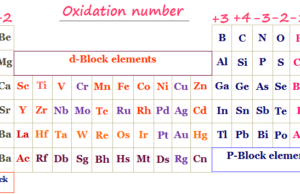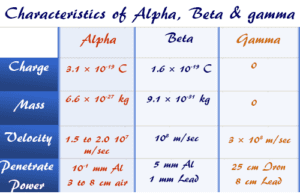Environmental Pollution
Pollution or environmental pollution is the contamination of air, water, soil, or land by solid, liquid, or gaseous substances or any forms of energy like heat, sound, and radioactivity. It has adverse or harmful effects on human beings, animals, or plants in our environment. The substances which are responsible for water pollution, air pollution, and land or soil pollution of our environment are called environmental pollutants. For scientific solutions to pollution, the harmful substance or molecule can be dispersed, diluted, decomposed, recycled, or stored in some harmless form.

Types of Pollution
Air, water, and land pollution are the major kinds of environmental pollution in science (chemistry or biology) that negatively affect our environment or impact human health and wildlife.
In modern society, we use different types of substances or machinery that pollute our environment in the form of light (electromagnetic spectrum radiation), plastic, and noise pollution. It affects living and non-living organisms in the earth’s environment.















